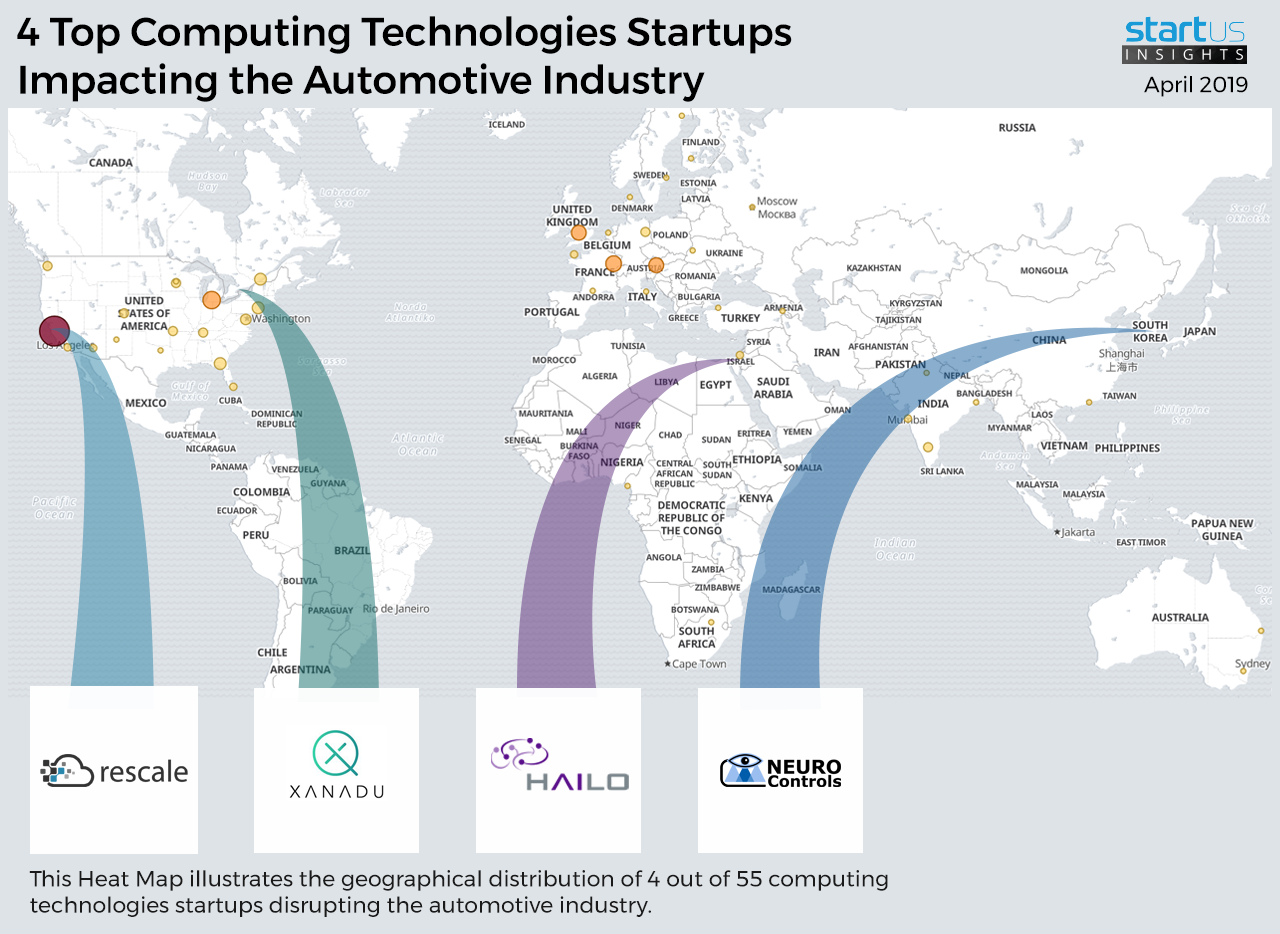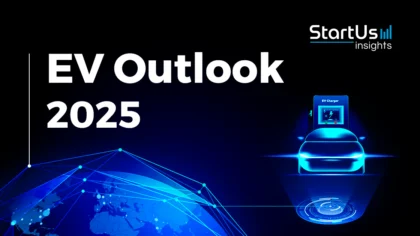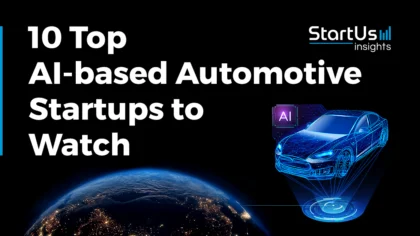Accelerate Productivity in 2025
Reignite Growth Despite the Global Slowdown
Our Innovation Analysts recently looked into emerging technologies and up-and-coming startups in the automotive industry. As there is a large number of startups working on a wide variety of solutions, we decided to share our insights with you. This time, we are taking a look at 4 promising computing technologies solutions.
Heat Map: 4 Top Computing Technologies Startups
For our 4 picks of computing technologies startups, we used a data-driven startup scouting approach to identify relevant solutions globally. The Global Startup Heat Map below highlights 4 interesting examples out of 55 relevant solutions. Depending on your specific needs, your top picks might look entirely different.
Hailo – High-Performance Computing In Autonomous Vehicle
The amount of data produced by an autonomous vehicle per day is equal to the data generated by 3,000 people on average, which is 4 terabytes/day. This huge volume of data has to be stored, processed and transferred to the cloud based on data requirements. All this large volume data processing and storage requires supercomputing power, i.e. high-performance computing or HPC. Israeli startup Hailo is at the forefront of high-performance computing hardware development with their Deep Learning Artificial Intelligence chip. Their chip is an end-to-end processing solution which overcomes existing bottlenecks in autonomous vehicles.
Rescale – High-Performance Computing In Automotive Simulation
Changes in the market, legal and regulatory requirements challenge automotive OEMs with the need for designing and developing an automobile that can satisfy individual stakeholders. According to the statistics, a typical MAN automotive truck contains 100,000 parts and, theoretically, 5,000 variants are possible. The power of supercomputers is needed to configure and conduct design, simulation, testing and complex engineering analysis for a vehicle. US-based Rescale develops a multiphysics simulation platform for product development. The platform is end-to-end encrypted and has the latest certifications to create a secure environment for this data. Rescale’s simulation technology claims to be 4x faster in simulation runtime and reduce time-to-market by 25% in the development of an exhaust treatment system for truck manufacturing.
Xanadu – Quantum Computing In Traffic Optimization
Tech enthusiasts immediately associate the word Quantum Computing (QC) with Alan Turing and Richard Feynman who are pioneers in the field of QC. Unlike today’s classical digital computers which operate based on binary digits, a quantum computer operates on the basis of quantum bits by principles of superposition and entanglement. QC is still in its infancy, however, it challenges existing digital computers in certain computation-intensive operations.
A recent collaboration between NASA & Ford Motors aimed at optimizing the traffic and routes in cities using NASA’s Quantum Annealer. Meanwhile, OEMs such as VW & Daimler collaborate with D-Wave systems and Google’s quantum computing team to utilize QC for traffic management and other autonomous vehicle applications such as vehicle-to-everything (V2X). Canada-based Xanadu is creating breakthroughs in Artificial Intelligence (AI) using quantum algorithms that can make AI better and more powerful. They work with foundries for chip fabrication and leverage photonics with lithographically-written photonic integrated circuits.
Neurocontrols – Neuromorphic Computing
Originally VLSI (very large scale integration) analog circuits were developed to imitate the human brain and characteristics present in our nervous systems. This multidisciplinary engineering domain now finds its way into applications such as the perception systems of robots, autonomous vehicles, and other human brain mimicking applications. Neuromorphic Computing uses sophisticated hardware devices made of memristors, spintronic memories, and other electronic devices. South Korean Neurocontrols enables companies to implement AI in sensors by offering neuromorphic sensor solutions on silicon chips, which can turn any sensor into a cognitive autonomous device. Their specialization is fast cognition, evolutionary learning, and anomaly detection. The company’s current neuromorphic sensors are being deployed in medical applications, however, an autonomous vehicle using a neuromorphic solution will enable manufacturers to build smarter Cognitive AI’s.
What About The Other 51 Computing Technologies Solutions?
While we believe data is key to creating insights it can be easy to be overwhelmed by it. Our ambition is to create a comprehensive overview and provide actionable innovation intelligence for your Proof of Concept (PoC), partnership, or investment targets. The 4 computing technologies startups showcased above are promising examples out of 55 we analyzed for this article. To identify the most relevant solutions based on your specific criteria and collaboration strategy, get in touch.








